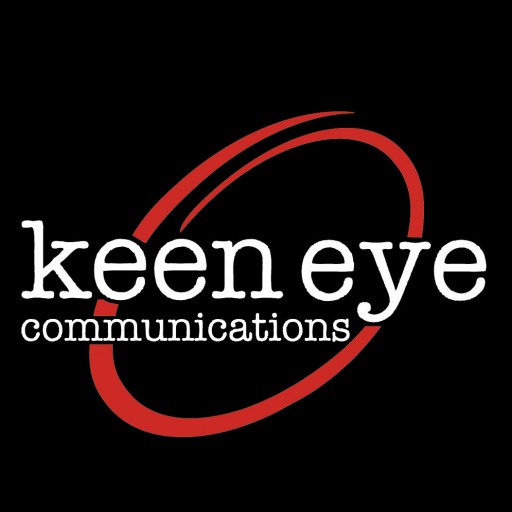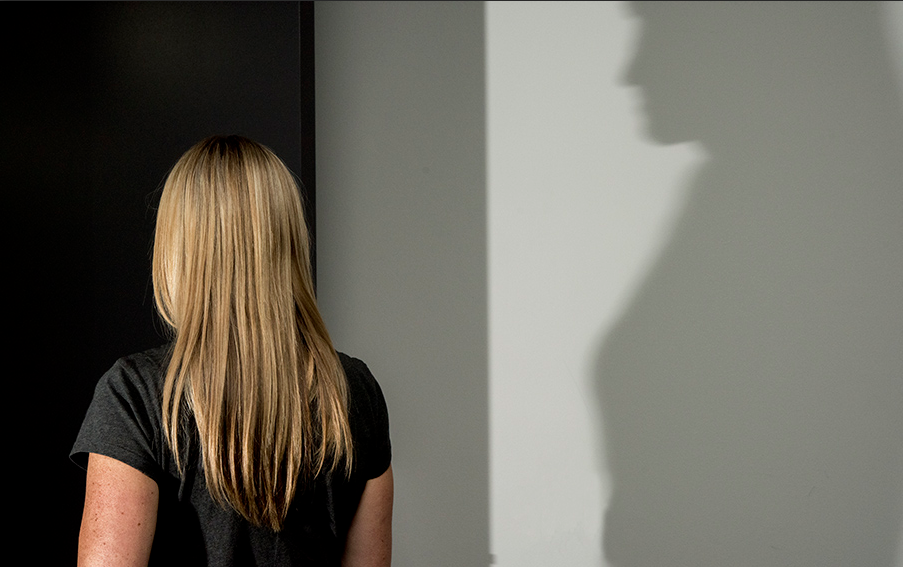It’s a cool autumn night in a kindly lit meeting room of an otherwise deserted hospital ward. We are sitting in our customary circle at the young women’s breast cancer support group as the convener plops a full sized Yellow Pages directory in each of our unsuspecting laps. Warm smiles turn quizzical. “Imagine this telephone book is your cancer,” she instructs. I look down at the heavy, lifeless burden cradled awkwardly in my arms. “Take it and put it in a place you think represents your future relationship with it.”
One woman immediately hugs it close to her chest. Her battle is now part of her life story, her being. Another politely places it beside her chair, staring straight ahead. I wonder what she is thinking. One woman stands up and throws it a few paces behind her. She turns her head to check on it, like a dependent child she’s not yet able to trustingly let out of her sight.
“Is it okay if I throw mine out the window?” I ask to a few nervous giggles. Only I’m not joking. I want it gone. I’m told I can do it. Anything goes here. There’s no right or wrong, no judgment.
But the window won’t open so I have to make do with lugging my book across the room to the quiet corridor, where the stillness is immediately broken by the dull thump of the weighty yellow book on the nondescript linoleum floor. I close the door on my cancer, an unwelcome visitor I am delighted to be rid off. “Sayonara baby,” I say in my head before returning to my chair, feeling unbridled and free. My cancer will be out of sight and out of mind, I tell myself.
Fourteen years later that cancer is as absent from my life as the now defunct telephone book. Its once-vivid presence is now a fuzzy memory. Like a prominent chapter of a favourite novel; while you can’t remember the exact words on the pages, you can still recall the lasting impact the words had on your soul.
Some memories are positive and lasting – like a deep appreciation of good health; the reaffirming belief in people’s generosity and goodwill; and a shift in focus from career and monetary ambitions to a happy work-life balance. However some memories are better left forgotten – the anxious wait for test results; the physical and psychological challenges of surgery and therapies; and, for me, the mother-guilt of disrupting my baby girl’s routine with part-time work, treatments and rest. I resented spending what should have been a joyous time with her in cancer land.
Yet despite my best intentions to cut ties with my cancer completely, it has continued to lurk silently, weathered, behind that hospital door. It has reared its ugly head many times – with the devastating news of yet another friend’s diagnosis, a confronting media article or scientific report, an awareness campaign or charity drive, a heartbreaking death.
“Like a prominent chapter of a favourite novel;
while you can’t remember the exact words on the pages,
you can still recall the lasting impact the words had on your soul.”
It will be forced into the forefront of my mind next week when I go for my annual mammogram and ultrasound, followed by the obligatory appointment with my surgeon who will affectionately announce on inspection that my boobs are “perfect” and that he’ll see me next year.
I’ll anticipate his mantra: “Don’t forget to check your breasts,” recited with parrot-fashion regularity as I leave. He doesn’t want me to throw my experience with cancer out the door. He wants me to stay vigilant. Sadly, not every patient who visits his practice will leave with the same feeling of relief.
I am lucky. For that, I am acutely aware and eternally grateful. Although my cancer was aggressive, it was detected and treated early and my outcome was excellent. Finding the lump and getting it checked immediately is, according to my doctors, what saved my life.
The recent statistics showing that only one in four women check their breasts regularly is no surprise to me. I never checked my breasts. I only discovered my lump after breastfeeding my daughter and even then, I assumed it was simply a blocked milk duct.
Nothing shocked me more than seeing the word “malignant” on my pathology report. I had just turned 31, I had no family history of the disease, and I certainly didn’t feel sick. It was to be the first of many lessons for me about the reality of breast cancer – that like so many other forms of cancer, it is indiscriminate about where it lodges. No one is immune.
I initially wanted to know why I got it. Pamphlets and websites suggested reasons why some people were more “at risk” than others. But I couldn’t identify with any of their bullet points. I was young, I wasn’t overweight, I didn’t smoke, I breastfed my baby, ate well and exercised regularly.
But there was one overriding factor that above all else placed me at greatest risk – being a woman.
And being female is often the only thing I have in common with other breast cancer survivors. I’ve met quite a few in the past 14 years. Like me, almost every one at least initially looked for an answer as to what they had done wrong. Obviously, they were looking so they wouldn’t do it again.
One woman said if someone had told her chocolate caused breast cancer, she would have stopped eating it there and then. But after discovering studies linking it to dairy products, deodorant use, and even personality, I decided I would never know. I stopped asking why and just accepted that I’d had it, and now it was gone, hopefully forever.
But I accept that I can’t live in blissful ignorance on the other side of a closed door. Just like any other woman can’t tune out to the messages, stories and experiences around them, which are amplified during October’s Breast Cancer Awareness Month.
I now feel an obligation to myself, my now teenage daughter, and other women, to open the door on my cancer experience from time to time, in a positive way, inviting it in for a brief visit to bring awareness.
I’m mindfully appreciative that I have this choice, just as other women have the choice to listen to the experts and check their breasts – a small and simple act that no woman can afford to shut herself away from, behind a closed door, whether she wants to or not. – Fiona West
Photo by Noel Fisher.

